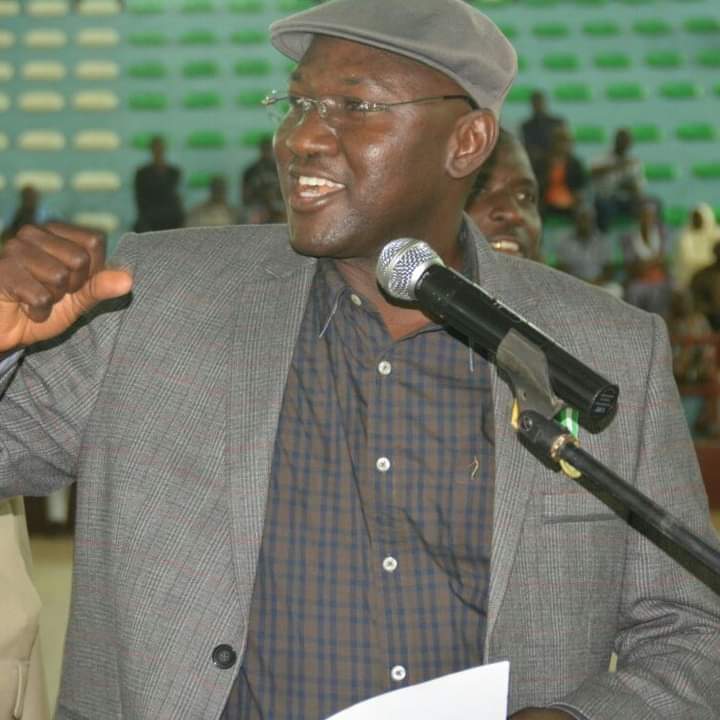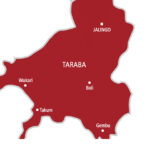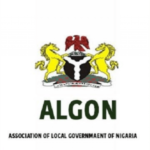The news of the death of Ibrahim-Khaleel Abdulkadir, President of the Nigeria Union of Local Government Employees, (NULGE) on Wednesday October 7th hit all labour market activists: (namely trade unionists, local, states and federal governments, labour ministry’s officials, labour correspondents) like a thunderstorm! Khaleel, who doubled as National Treasurer of the NLC, reportedly slumped and subsequently passed away at his Abuja residence while trying to perform the Magrib prayer. He has been buried in Wudil his home town in Kano State. Inna lillahi wa inna ilayhi raji’un “Verily we belong to Allah, and verily to Him do we return.”
My mobile phone unexpectedly rang exactly at 9:30pm on Wednesday. Abdul is the junior brother of the late Comrade Khalid Ibrahim. He works with Kaduna Shagalinku Restaurant a top-notch restaurant in Kaduna. I had expected Abdul to intimate me with the availability of my usual travels packs and Hausa grilled meat takeaways like Dambun Nama, Kilishi, Kulikuli and of course Fura.
As early as early the 70s I was privileged to follow my late mother to Zaria on holidays with her sister. Our welcome and departure cuisine was mainly local Hausa dishes from Shagalinku restaurant operating then in a mud house at Tudun Wada along Kongo road. My admission to ABU in 1977 consolidated my addiction to Shagalinku taste. It can then be appreciated why the late call from Abdul in tears announcing the death of his senior brother was a devastation. Abdul’s outcry underscored how Ibrahim-Khaleel was grounded with the family and relations as much as comrades in the labour movement. It was the same feeling of pride the first time Abdul introduced himself to me as Khaleel’s relation two years ago at the restaurant. There are many fond memories of this great comrade of Africa’s trade union movement. Three of the recollections are of special importance.
Ibrahim-Khaleel Abdulkadir was a participant of Senior Executive Course (SEC 35), 2013. He was an enthusiastic alumnus of the Almuni Association (ANNI) who in spite of the challenges of union work invented time to attend the Abuja chapter meetings. Unfortunately, we could not constitute the AANI labour alumni members group before his death. The challenge is for other score of comrade AANI members to see through his shared vision.
When I ran for the governorship of Kwara State in 2019, he like most comrades generously gave material, organizational and moral support for which I am eternally grateful. Ibrahim-Khaleel Abdulkadir also demonstrated that comrades can legitimately disagree in the complex world of work but they don’t need to be disagreeable as comrades. Recently I appeared on the popular NTA Good Morning Nigeria programme. The topic was on the internal organizational challenges of trade unions and professional associations. The crisis of election which rocked the Enugu branch of the Nigeria Medical Association, NMA triggered the discussion. Comrade Khaleel was not comfortable with my reference to alleged problems in NULGE and promptly he sent me a text message for clarification. We later talked it over when we subsequently met. Such were his tributes of simplicity and humility and above all comradeship!
However the enduring legacy of Comrade Khaleel is his commitment to local government autonomy. He was the labour star delegate at the 2014 National Conference defining the autonomy of the LGAs against the totalitarian control of the states governors.
His Individual Research Project submitted to the National Institute for Policy and Strategic Studies, in 2013 was entitled INTERGOVERNMENTAL RELATIONS AT THE LOCAL GOVERNMENT LEVEL AND THE TRANSFORMATION AGENDA IN NIGERIA: AN APPRAISAL. Some of the recommendations are worthy of being repeated here for his comrades to continue the struggle for the development of local government as a means of mobilization for grassroots development. Here are excerpts from his worthy research :
“The fundamental thesis of this inquiry is that the local government system has a historical and vital role to play as building block to Transformation Agenda. The study, … concludes that the lack of autonomy, especially fiscal and democratic autonomy is a major impediment in the realisation of Transformation Agenda. The state governments’ non-remittance of the statutory 10 percent (10%) of their internally generated revenue to the local governments is yet another impediment. Also the election of the political leadership is handled with laxity, and most time undemocratic structures are provided by the governors of the states, thereby relegating the people’s participation to the background.
The research further shows that the continuous interference in the affairs of the local governments through the fixing of spending limit and also imposing on them extra judicial spending such as contribution to the running of the office of the first lady of the states, and expending for some federal agencies like the National Youth Service Corps (NYSC), Nigeria Police Force (NPF), Nigeria Immigration Service (NIS), National Population Commission (NPC), Nigeria Customs Service (NCS), General election (INEC), Nigeria Security, Civil Defense Corps (NSCDC) and political parties in the states etc., And most of the aforementioned budgetary expenditures have little or no bearing on the locality in the rating of their priority and in most cases are not reflected in the annual budget.
If local governments are to be promoted as instruments for Transformation Agenda, then states’ control must be removed and democracy shall be guaranteed as provided by Section 7 of the 1999 Constitution. Findings have revealed that projects at the local government level are located mostly at the urban areas, while majority of Nigerians are living in the rural areas. This is seen as the activities of state governments, using funds meant for local governments to develop and beautify the cities and urban centres. Some of his recommendations include:
“There should be a constitutional framework for the establishment, functions and composition of the Local Government Service Commission in every state.
Implementation Strategy
The National Assembly, the 36 state Houses of Assembly and all stakeholders to ensure that a provision is made in the constitution to strengthen the operation of the Local Government Service Commission for the achievement of Unified Local Government Service.
Recommendation Two
The federal government should develop a follow-up mechanism to protect the constitutional preserves of the local governments in the country.
NGOs, civil society organisations, NULGE, ALGON and other labour organisations to engage in sensitisation and mobilisation of citizens to actualise the constitutional amendments to these effects.
May his soul rest in prefect and eternal peace.

 Join Daily Trust WhatsApp Community For Quick Access To News and Happenings Around You.
Join Daily Trust WhatsApp Community For Quick Access To News and Happenings Around You.


